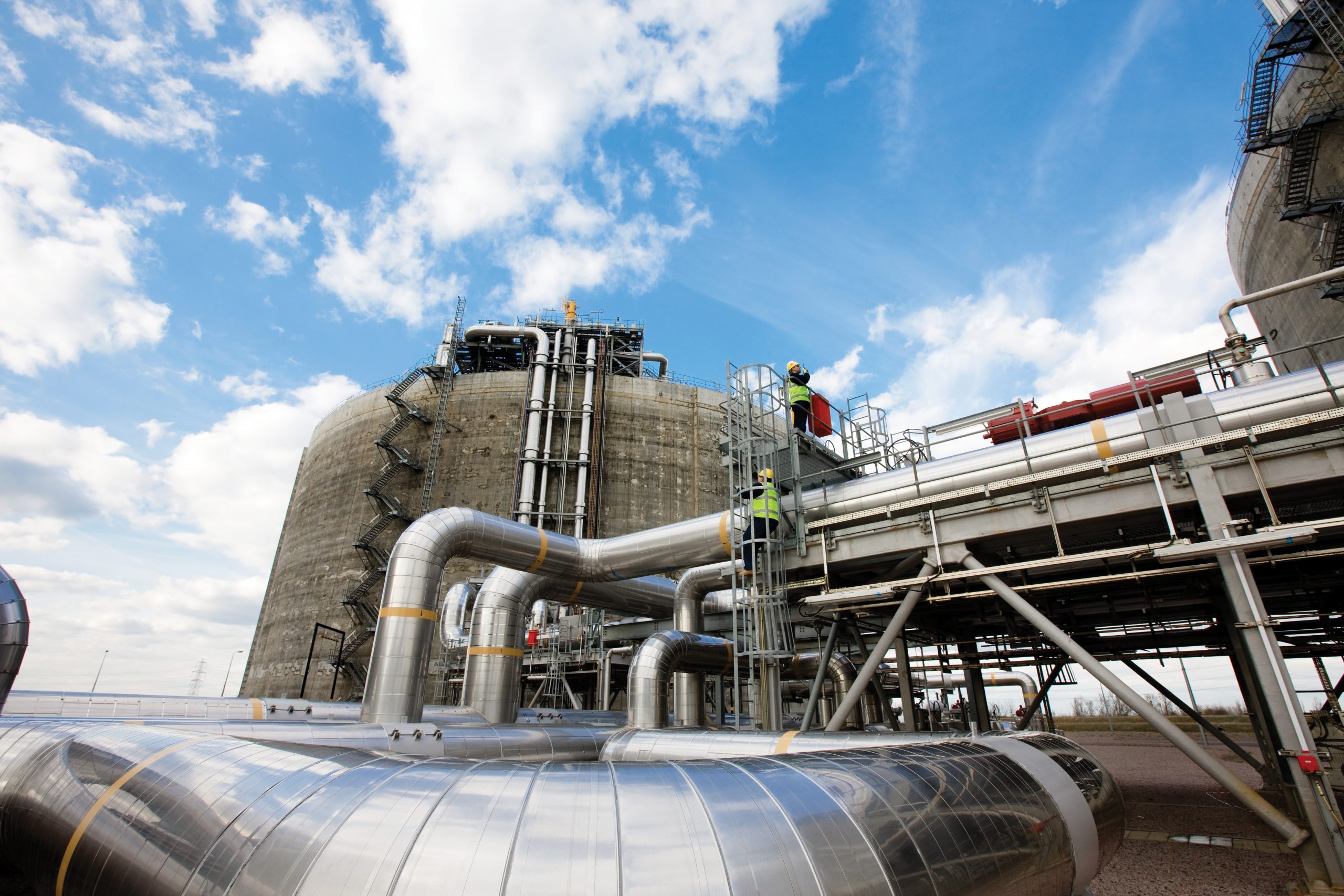
The Launch of East Midlands Hydrogen: The UK’s Largest Inland Hydrogen Cluster
- Development of large-scale low carbon hydrogen production, distribution and industrial end use will enable wide-spread industrial decarbonisation, and protect manufacturing jobs
- East Midlands Hydrogen partners will help attract ongoing investment, bring new skills, and ensure hydrogen industry job growth for the region
East Midlands Hydrogen
By connecting supply and demand through Cadent’s new 100% hydrogen pipeline network that is being developed as part of East Coast Hydrogen, this region is poised to become the UK’s largest inland hydrogen cluster, bringing massive economic benefits to the region.
D2N2 Local Enterprise Partnership, Cadent, and some of the region’s leading organisations such as Uniper, Toyota, Midlands Engine, East Midlands Freeport and Leicester and Leicestershire Enterprise Partnership have formed a new industrial partnership called East Midlands Hydrogen, that is poised to become the UK’s largest inland hydrogen cluster.
East Midlands Hydrogen is a unique proposition. Unlike other major hydrogen clusters which are coastal, this one is right in the heart of the country. It brings together an intensive cluster of hydrogen demand forecasts from around 70 industrial sites in the Nottinghamshire, Derbyshire and northern Leicestershire regions, who are asking for more than 10TWh of hydrogen by 2040 in total, to enable site decarbonisation. For these sites alone, access to low carbon hydrogen would enable carbon savings of 1.9 million tonnes per year, the equivalent of gas-related carbon emissions from 860,000 homes.
Why the East Midlands?
The East Midlands region is perfectly set up for large-scale low-carbon hydrogen production through electrolysis. Previously known as ‘Megawatt Valley’, its high voltage electrical transmission power lines were originally constructed to enable power export from the string of coal-fired power stations built along the river Trent. Available water from the river, coupled with imported renewable energy could enable ‘Megawatt Valley’ to metamorphose into a hydrogen production heartland at GW scale, with multiple forecasts received for a total of 500MW production capacity across the region.
A PWC report set for publication in October 2023 estimates that development of a full hydrogen supply chain in the East Midlands would contribute £10 billion GVA and 110,000 jobs created or retained by 2050.
The East Midlands Hydrogen partners and their supporters came together on Friday 22 September 2023 at Toyota Motor Manufacturing (UK) Ltd in Burnaston, Derby for an event that showcased the plans underway to realise the hydrogen opportunity in the region. The event hosted over 180 local industry partners, including hydrogen producers, distributors and more than 30 prospective industrial users of hydrogen, local authority representatives, as well as political champions of hydrogen. During the day, delegates heard from leaders in the hydrogen value chain, including The Department for Energy Security and Net Zero, D2N2 Local Enterprise Partnership, Cadent, Uniper, Toyota and East Midlands Freeport.
The D2N2 Region
The D2N2 region, covering Derby, Derbyshire, Nottingham, and Nottinghamshire, has a proud industrial and manufacturing track record and remains at the forefront of economic development, with the East Midlands Freeport and the East Midlands Development Company recently established. The region is on track to become the home of the UK’s newest and largest combined authority in 2024.
Will Morlidge, Chief Executive, D2N2 Local Enterprise Partnership (LEP) said:
“We are delighted to be launching East Midlands Hydrogen with our industry partners to stimulate and grow an end to end hydrogen ecosystem in our region. We have the ambition, drive, energy, and the partnerships to do this at scale as we drive towards our Net Zero future. I can’t emphasise enough the scale and immediacy of opportunities across our region and I’m looking forward to working with our partners to make this happen at pace.”
Sally Brewis, Head of Regional Development, Cadent said:
“The sheer scale of demand for hydrogen in this region coupled with GW production potential, creates an urgent imperative for a 100% hydrogen pipeline to connect supply and demand. Bricks, building materials, food & drink and flexible power generation companies have all told us they need hydrogen to decarbonise. Design work is underway for a dedicated sub-section of Cadent’s East Coast Hydrogen pipeline network; the low carbon hydrogen delivered by our pipeline would allow industry to decarbonise their operations and protect manufacturing jobs in the region.”
Guy Phillips, Team Lead, Business Development Hydrogen, UK Uniper said: “East Midlands Hydrogen is a fantastic collaborative initiative and there’s a really joined up picture developing for hydrogen demand in the region. Uniper’s Ratcliffe site is in a great location with significant potential for low carbon hydrogen production to supply the region’s potential future demand, once the power station has finished generating at the end of September 2024. I’m looking forward to continuing the dialogue with regional stakeholders and partners as we look to transform the Ratcliffe site to a zero carbon technology and energy hub.”